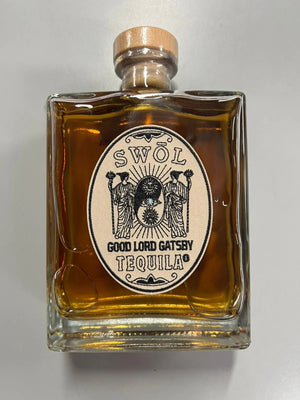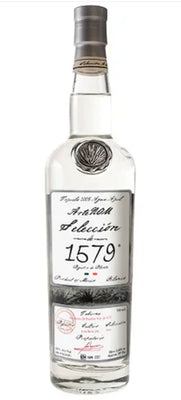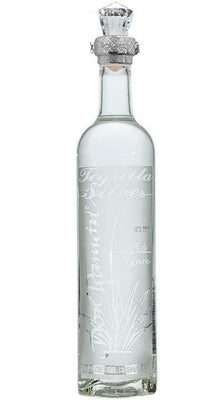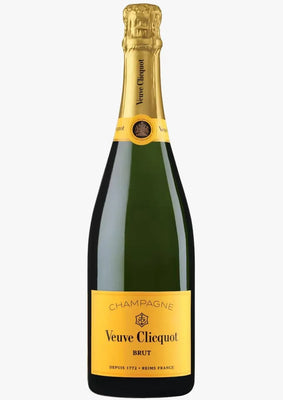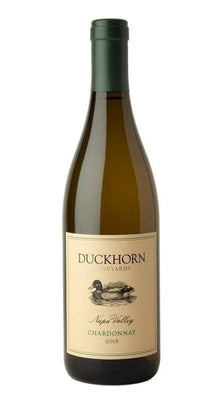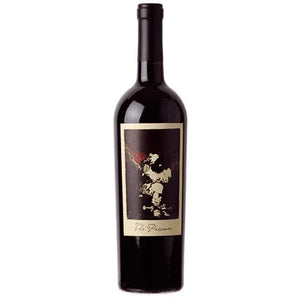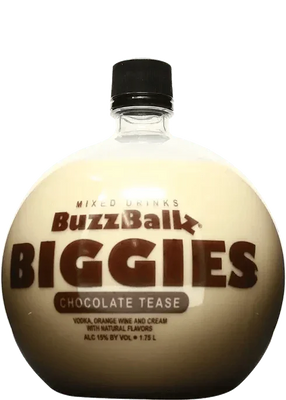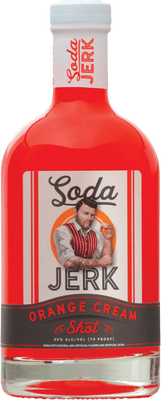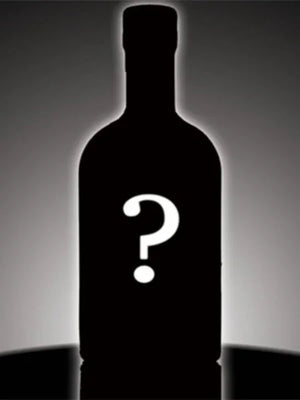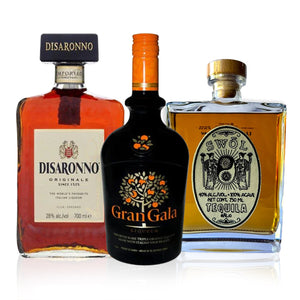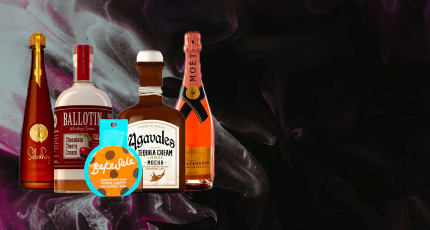Humans have twenty five genes that encode for taste receptors on the tongue that perceive bitterness. People who find the taste of alcohol less bitter may be more inclined to start drinking. There are two genes that would affect whether or not someone would like the taste of alcohol, they are called TAS2R13 and TAS2R38, and then there is a gene called TRPV1, which codes for a receptor involved in perceiving “burning” or “stinging” sensations in the mouth. People’s versions of the TAS2R38 gene have also been linked to their food preferences, and the gene is believed to explain why a minority of people are “supertasters,” who are more prejudicial to bitter veggies like cabbage and kale, as well as beverages like grapefruit juice and coffee.
There were studies done on participants to check the results of how alcohol tastes to each individual, and something that was found was that about 25 percent of the population has two of the really sensitive forms, and 25 percent have the insensitive form, while 50 percent are right smack dab in the middle. Past studies suggest that having one of the more sensitive versions of TSA2R38 is enough to suppress people’s alcohol intake. It’s also important to remember that a host of cultural and environmental factors contribute to a person’s drinking behavior. It’s quite amazing that one little biological factor could seemingly have such a large role in the way we perceive alcohol to taste.


